There have been destructive attacks on the homeless in the past year in Melbourne, but the vitriolic hate campaign and physical attacks on the street, and on squatters, has reached a deadly level: murder.
Just before midnight on March 1, a cowardly arson attack set off a blazing fire at Kinnear’s rope factory in Footscray, which took 40 minutes for the fire brigade to control. Three squatters were tragically killed: Tanya Burmeister and her 15- year-old daughter Zoe were among the dead.
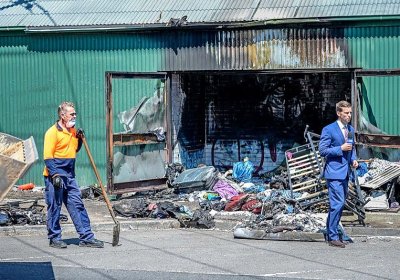

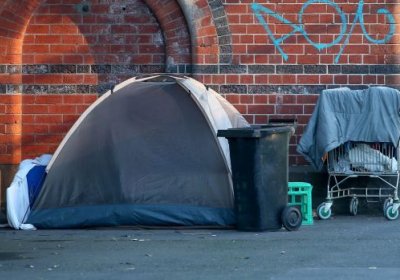
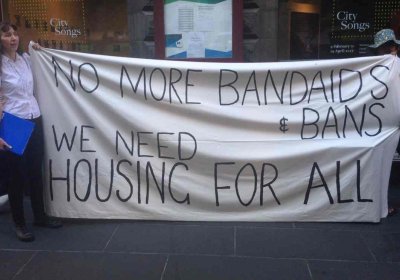


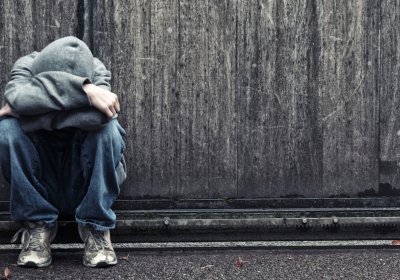


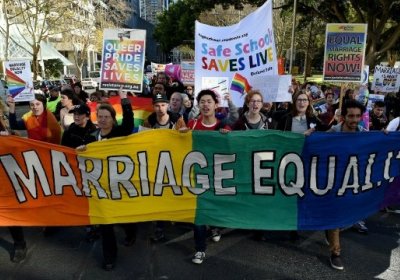
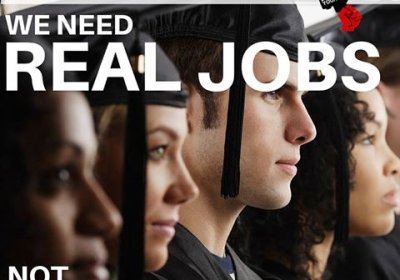
 Activists from the Homeless Persons Union (HPU) began occupying vacant properties in the Melbourne suburb of Collingwood on March 30 in a protest at the lack of public housing.
Activists from the Homeless Persons Union (HPU) began occupying vacant properties in the Melbourne suburb of Collingwood on March 30 in a protest at the lack of public housing.